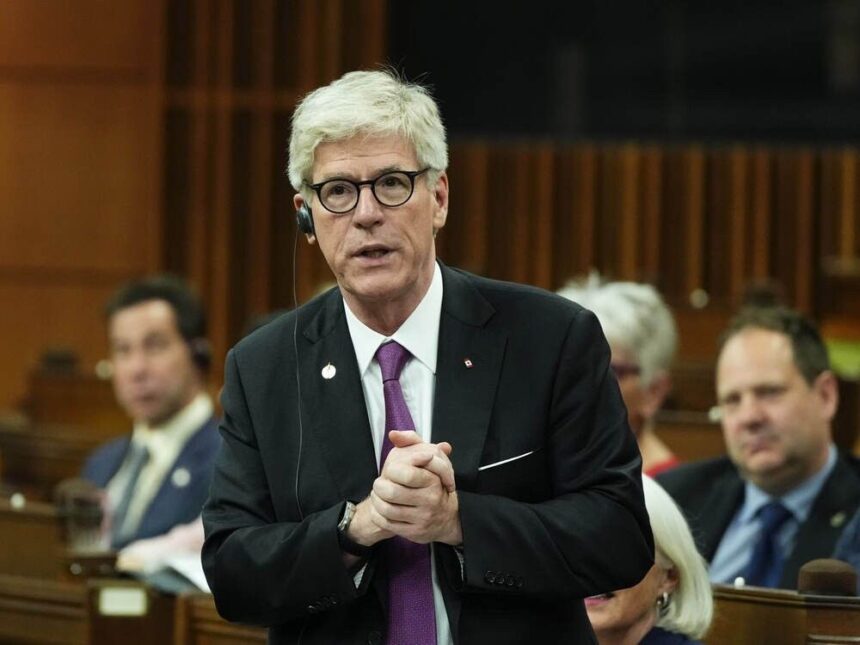In a surprising shift that signals potential flexibility in Canada’s approach to climate policy, Energy Minister Jonathan Wilkinson suggested this week that the federal government may consider revising some of the climate initiatives implemented during Prime Minister Justin Trudeau’s tenure. This revelation comes amid growing pressure from provinces and industry leaders seeking relief from environmental regulations they argue are hampering economic growth.
“We’re not abandoning our climate commitments,” Wilkinson emphasized during a press conference in Ottawa. “But we recognize that implementation timelines and approaches may need adjustment to balance environmental goals with economic realities facing Canadians.”
The minister’s comments represent a notable departure from the government’s previously steadfast defense of its climate agenda, which includes the carbon pricing system, clean fuel regulations, and emissions caps for various sectors including oil and gas. These policies have formed the cornerstone of Canada’s commitment to reduce greenhouse gas emissions by 40-45% below 2005 levels by 2030.
Industry representatives from Alberta and Saskatchewan have been particularly vocal about the economic burden of these policies. The Canadian Association of Petroleum Producers estimates that compliance costs could exceed $10 billion annually for the energy sector alone.
“We’re seeing evidence that some measures may be creating unintended consequences in certain regions,” Wilkinson acknowledged. “Our approach needs to be pragmatic while maintaining our international commitments.”
Environmental advocates expressed immediate concern about the potential policy shift. Catherine Abreu, executive director of Climate Action Network Canada, warned that any weakening of climate measures would jeopardize Canada’s international credibility and its ability to meet Paris Agreement targets.
“Canada cannot afford to backslide on climate action when we’re already seeing the impacts of climate change through floods in British Columbia and wildfires across the country,” Abreu stated.
The government’s reconsideration comes amid declining poll numbers and economic challenges facing many Canadians. A recent Angus Reid survey found that 62% of respondents ranked economic concerns above environmental issues, a significant shift from 2019 when climate action topped many voters’ priorities.
Political analysts suggest this potential policy adjustment reflects growing political realities. “The government is clearly responding to pressure from both industry and voters concerned about cost of living,” noted Duane Bratt, political scientist at Mount Royal University. “This signals a pragmatic approach ahead of the next federal election.”
Provinces have responded differently to the minister’s comments. Quebec Premier François Legault maintained his province would continue with its own ambitious climate initiatives regardless of federal changes, while Alberta Premier Danielle Smith welcomed the potential for policy revisions.
While specific details remain unclear, Wilkinson indicated that the government would consult with stakeholders including provinces, industry leaders, and environmental organizations before making any formal policy adjustments. He emphasized that any changes would maintain Canada’s commitment to meaningful emissions reductions while addressing economic concerns.
As Canada navigates this potential policy recalibration, the fundamental question remains: can the country effectively balance its climate commitments with economic priorities in a way that satisfies both environmental advocates and industry stakeholders? The government’s approach to this delicate balancing act may well determine its political fortunes in the coming election.










